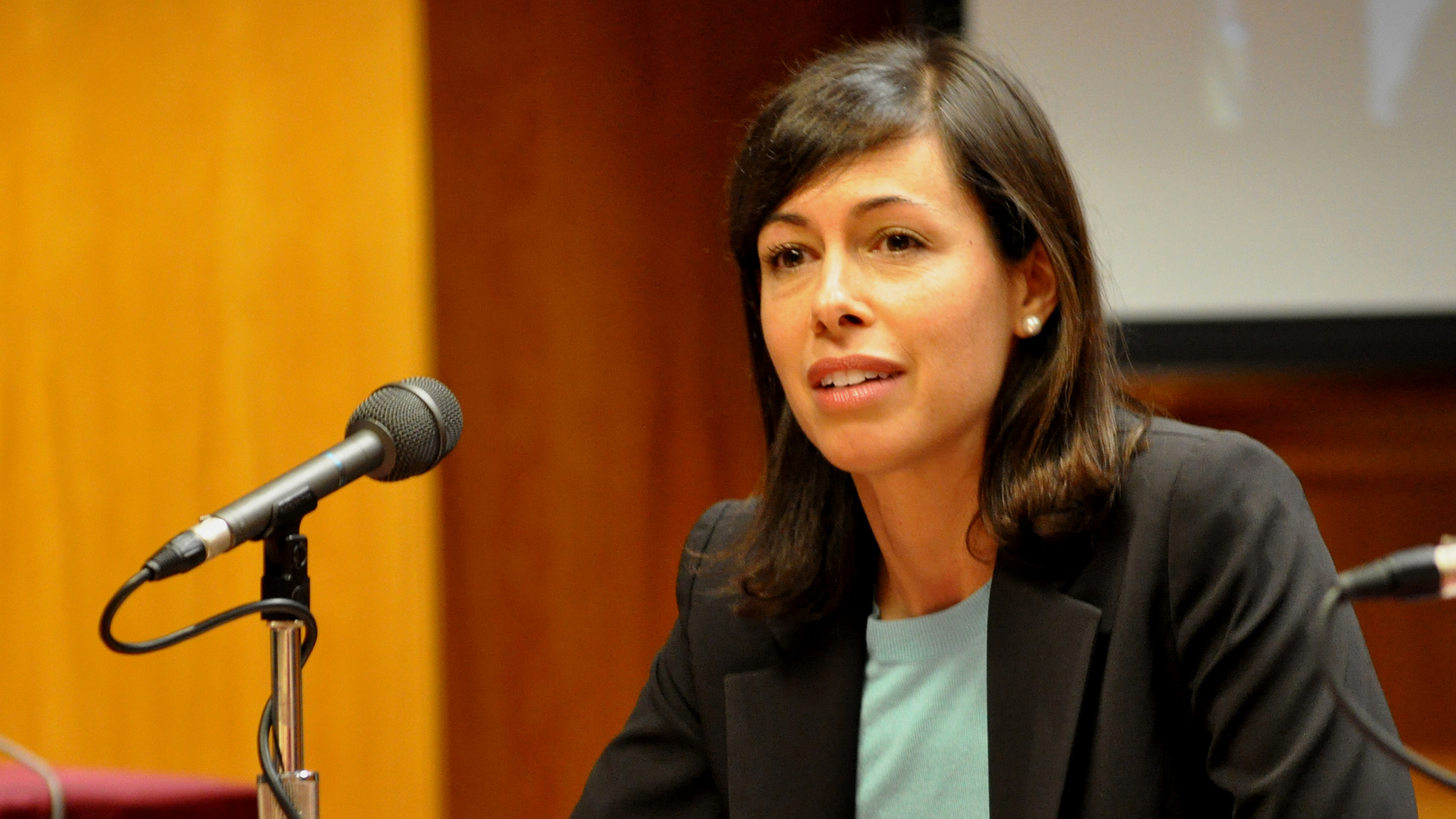FCC Chief Rosenworcel: Universal Broadband Means Its Universally Affordable
Expanding Section 706 metrics for reasonable deployment could give agency more regulatory muscle over ISPs

The smarter way to stay on top of the multichannel video marketplace. Sign up below.
You are now subscribed
Your newsletter sign-up was successful
FCC chair Jessica Rosenworcel wants to add 100% affordability and a bunch of other benchmarks to the regulator’s definition of what constitutes the deployment of advanced telecommunications services by internet service providers to “all Americans” in a reasonable and timely manner.
She also wants to raise the minimum definition of access to high-speed broadband to 100 Megabits per second downstream and 20 Mbps upstream. The current standard is 25 Mbps downstream and 3 Mbps upstream, set in 2015.
Rosenworcel proposed the new metrics in sharing an updated Notice of Inquiry launching the agency’s latest report — the so-called Section 706 report to Congress. In addition to access and affordability, the Federal Communications Commission chair said equitable access — no redlining, for example — and adoption should also figure into "whether broadband is being deployed in a reasonable and timely fashion” to “all Americans.”
The FCC is required to report to Congress periodically on progress toward that benchmark, with the agency empowered to regulate access to advanced telecommunications services if it concludes such services are not being rolled out on a reasonable and timely basis.
Past Democratic FCCs have interpreted that to mean that as long as there is still one U.S. citizen without broadband access, that reasonable and timely benchmark hasn't been met. Adding the new affordability and other metrics could give the FCC more opportunity to regulate broadband to make it more affordable, raising the specter of some form of rate regulation or at least regulation that impacts rates.
Those new benchmarks dovetail with the Biden administration's framework for handing out tens of billions of dollars in subsidies to help get to the goal of universal broadband, which President Joe Biden has said should be achievable by the end of the decade. The 110/20 high-speed metric would also square with the Administration's definition of high speed for its subsidy program administered by the National Telecommunications & Information Administration.
The smarter way to stay on top of the multichannel video marketplace. Sign up below.
Contributing editor John Eggerton has been an editor and/or writer on media regulation, legislation and policy for over four decades, including covering the FCC, FTC, Congress, the major media trade associations, and the federal courts. In addition to Multichannel News and Broadcasting + Cable, his work has appeared in Radio World, TV Technology, TV Fax, This Week in Consumer Electronics, Variety and the Encyclopedia Britannica.

